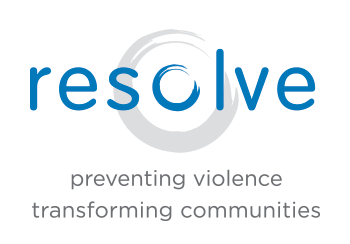Imagine, for a moment, hearing about a tragic car accident. Imagine overhearing bits and pieces about a driver swerving out of control and hitting oncoming traffic at a speed of over 75 mph. You see clips of family members of those who died sobbing on the news. People talk about it for over a week.
How would you perceive that story? How long would it take for you to recover?
Now, imagine that same story but that you had never heard about seat belts, never learned the rules of the road, how to maintain safe distance, and how to look around your car and rearview mirror for irregularities. In fact, imagine you were told that you would be cared for in that sort of situation by people who said they could handle it, but still look fearful.
How would you perceive that story and how would you feel about getting into a car again? How long would it take you to recover?
Now, imagine you are seven years old.
Having tools makes all the difference. It doesn’t mean car accidents never happen, but it means that you have an understanding of how to deal with the risk and that the story plays in your head differently.
Just as you wouldn’t teach a new driver about car accidents and drunken drivers first thing, school shootings are not the place to start a discussion about child or school safety. Even trained officers and military struggle with how to deal with shooters — this is not the topic to begin with for teachers, families and children!
Just as car safety begins with learning about adjusting mirrors and looking both ways before pulling out of the driveway, personal safety for children has the same basic steps.
Teach them to trust their intuition. Teach them how to get help and what to say. Help them practice setting a boundary and saying no. Help them learn simple physical strategies to stop an assault.
By teaching them to deal with scenarios like bullying and unwanted touch, you prepare them for situations that are statistically far more likely and that they can do something about, and you empower them to deal with the terrifying stories that, unfortunately, they will continue to hear as they grow older.
I highly recommend the following articles from Kidpower for caregivers and others:
Helping Children Regain Their Emotional Safety After a Tragedy
How to Empower Kids in the Face of Armed School Violence
Tragic Shootings: Kidpower Answers to Common Questions About How To Be Safe
